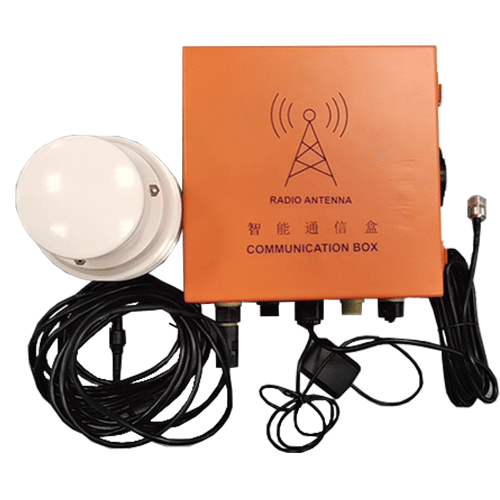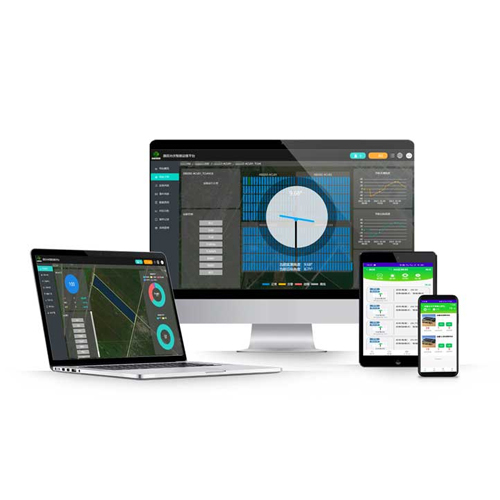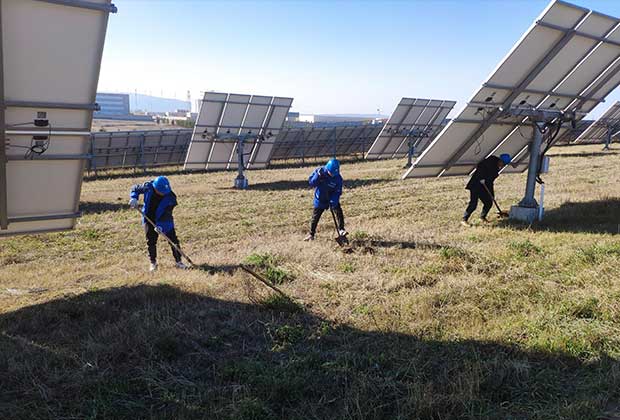Solar energy has emerged as a powerful and sustainable source of electricity generation. To maximize the efficiency and reliability of solar power plants, many operators turn to Solar Supervisory Control and Data Acquisition (SCADA) systems. In this blog, we'll explore how solar SCADA providers play a pivotal role in streamlining solar operations and driving the success of solar energy projects.
Understanding the Role of Solar SCADA
Before delving into the contributions of solarscada providers, it's essential to understand what these systems entail. Solar SCADA systems are specialized software and hardware solutions that enable real-time monitoring, control, and data acquisition from solar power plants. They serve as the nerve center, ensuring that solar operations run smoothly and efficiently.
Enhancing Monitoring and Visibility
One of the primary ways solar SCADA providers make a difference is by enhancing monitoring and visibility. Here's how:
Real-Time Data Collection
Solar SCADA systems collect an abundance of real-time data from various components within the solar plant. This data includes information about solar panel performance, inverter efficiency, weather conditions, and more. With this information at their fingertips, operators can make informed decisions to optimize plant performance.
Remote Monitoring
Solar SCADA providers offer remote monitoring capabilities, allowing operators to keep an eye on their solar plants from anywhere in the world. This level of accessibility is invaluable for detecting issues promptly, whether it's a malfunctioning inverter or shading on the panels.
Ensuring Efficient Energy Production
Efficient energy production is at the heart of every solar power plant's success. Solar SCADA providers contribute to this efficiency in several ways:
Fault Detection and Diagnostics
Solar SCADA systems are equipped with algorithms that can detect anomalies and faults in real-time. This means that when something goes awry, operators are alerted immediately. Swift response to issues minimizes downtime and ensures consistent energy production.
Optimizing Energy Output
By analyzing data from various sensors and components, SCADA systems can optimize energy output. For example, they can adjust the tilt of solar panels to capture more sunlight or switch between power sources for maximum efficiency.
Enhancing Security and Reliability
Lastly, solar SCADA providers play a crucial role in enhancing the security and reliability of solar power plants:
Cybersecurity Measures
With the rise of cyber threats, ensuring the security of a solar plant's data and operations is paramount. Solar SCADA providers implement robust cybersecurity measures to safeguard against potential breaches and protect critical infrastructure.
System Redundancy
To ensure uninterrupted operation, solar SCADA systems often incorporate redundancy features. This means that if one component fails, a backup system seamlessly takes over, preventing costly downtime.
Solar SCADA providers are instrumental in streamlining solar operations and ensuring the success of solar energy projects. Through enhanced monitoring and visibility, efficient energy production, and improved security and reliability, these providers empower solar power plant operators to harness the full potential of solar energy.
Investing in a reputable solar SCADA provider is not just a wise decision; it's a critical one for anyone involved in the solar energy industry. Their expertise and technology solutions contribute significantly to the growth and sustainability of renewable energy sources.
 English
English  中文
中文



